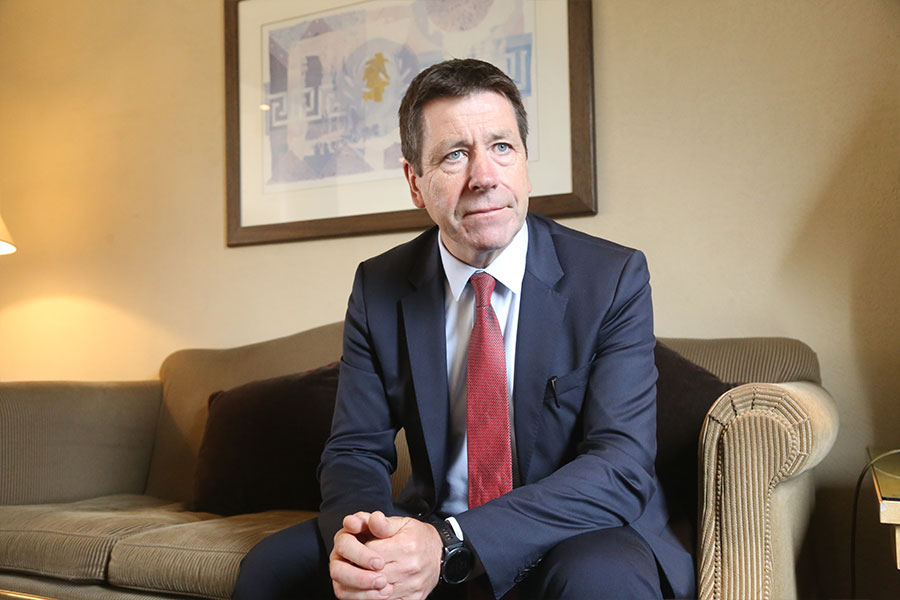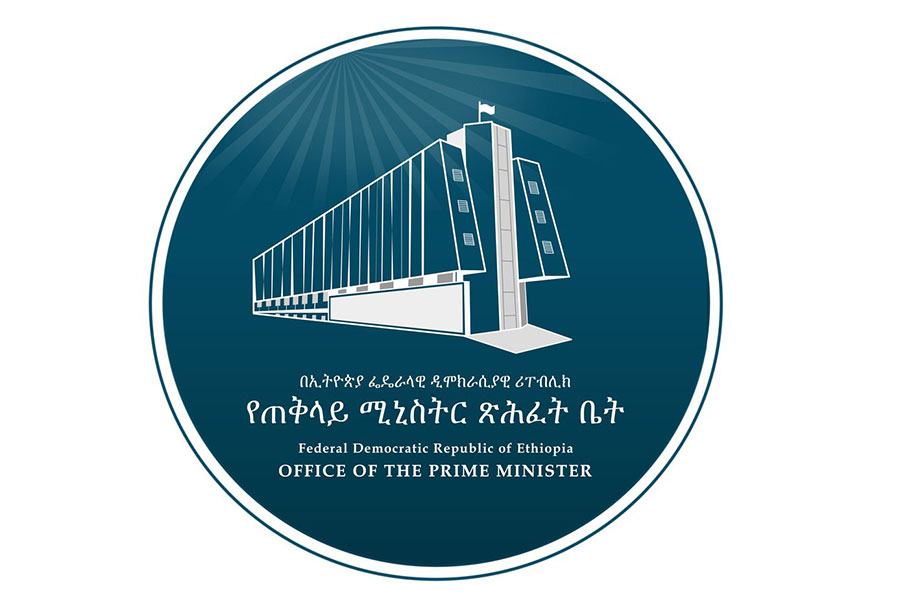
Radar | May 18,2024
Oct 23 , 2021
By Carolyn Kissane
Human societies have come a long way. Just think about it. It was only in 1888 that electricity in our homes began to be introduced by way of using Nikola Tesla’s AC electrical transmission systems. Big deal. Well, in a little over a century, human civilisation has gone from using no electricity to having virtually every task in the household being handled by some type of electrical contraption. This has simplified our lives but it has also made us lazy to some extent.
Electrification of our homes is what is called a disruptive technology. It disrupts our usual way of life and brings about a new era. Another disruptive innovation was the steam engine, which inaugurated the Industrial Revolution and kicked off centuries of economic development and technological progress.
Without a doubt, the disruptive technology of our time has to be the internet and all that it brings with it. Virtual shops, information, entertainment and communications. People can work from home and students can go to school from the comfort of their houses. Cash is becoming a thing of the past, and with the adoption of cryptocurrencies by both companies and governments, even fiat may be gone in a short while.
When smartphones started becoming ubiquitous, I remember thinking this is cool but where are the Ethiopian applications?
It was quite some time before we saw any but then one day scrolling through the Google play store, there it was, an Amharic keyboard, the first in what was about to be a relative explosion of Ethiopian tech projects – a modest growth that is unfortunately still years behind the likes of Kenya, Nigeria and Rwanda.
It was some time before the next Amharic or other Ethiopian-themed apps hit the market, and they were fairly unimpressive, to say the least. Gradually, there are now a large number of young entrepreneurs that have realised that one does not need an office or a physical place of business to make money. Most importantly, they have begun to identify gaps in the way we live and started to innovate monetizable business models that solve the problems of society. Just look at the taxi-hailing apps, delivery services and hotel booking sites. It could be a while before some of these companies start to generate a profit, but the goal post does not seem to be too far.
I often envy the west and their digitise the world campaign and feel somewhat sad that Ethiopia, with a long history, has not even begun to digitise all our ancient books, knowledge and other historical relics. It is overjoying to stumble upon local language Amharic ebooks and audiobook apps that focus on social content near and dear to people's lives. The likes of Fikir iske mekabir will never be lost to the world now.
Admittedly, there are not a lot of choices but this is the start of something big. I can feel it and I cannot wait for the world to see what we have to offer in a space that is ironically enough dividing and globalising the world at the same time. Some of the groundwork has been laid out. The liberalisation of the telecom sector was instrumental to creating a competitive environment and the directives passed by the central bank have made it possible for non-financial institutions to engage in the payment and money transfer space.
We need to make sure now that we build on some of these few positive results. We have for too long played catchup with the rest of the world, and ended up being left far behind. We have to make this count if we ever hope to defeat our national humiliation, poverty.
PUBLISHED ON
Oct 23,2021 [ VOL
22 , NO
1121]


Radar | May 18,2024

Radar | Nov 30,2019

Addis Fortune | Aug 01,2022

Viewpoints | Nov 27,2018

Viewpoints | Sep 06,2020

Radar | Sep 14,2025

Verbatim | Mar 23,2019

Fortune News | Jul 10,2020

Radar | Jul 10,2020

Sunday with Eden | Jan 18,2019

Photo Gallery | 171743 Views | May 06,2019

Photo Gallery | 161980 Views | Apr 26,2019

Photo Gallery | 151724 Views | Oct 06,2021

My Opinion | 136319 Views | Aug 14,2021





Dec 22 , 2024 . By TIZITA SHEWAFERAW
Charged with transforming colossal state-owned enterprises into modern and competitiv...

Aug 18 , 2024 . By AKSAH ITALO
Although predictable Yonas Zerihun's job in the ride-hailing service is not immune to...

Jul 28 , 2024 . By TIZITA SHEWAFERAW
Unhabitual, perhaps too many, Samuel Gebreyohannes, 38, used to occasionally enjoy a couple of beers at breakfast. However, he recently swit...

Jul 13 , 2024 . By AKSAH ITALO
Investors who rely on tractors, trucks, and field vehicles for commuting, transporting commodities, and f...

Oct 4 , 2025
Eyob Tekalegn (PhD) had been in the Governor's chair for only weeks when, on Septembe...

Sep 27 , 2025
Four years into an experiment with “shock therapy” in education, the national moo...

Sep 20 , 2025
Getachew Reda's return to the national stage was always going to stir attention. Once...

Sep 13 , 2025
At its launch in Nairobi two years ago, the Africa Climate Summit was billed as the f...

Oct 5 , 2025 . By NAHOM AYELE
In Meqelle, a name long associated with industrial grit and regional pride is undergo...

Oct 5 , 2025 . By BEZAWIT HULUAGER
The federal government is set to roll out a new "motor vehicle circulation tax" in th...

Oct 5 , 2025 . By NAHOM AYELE
The Bank of Abyssinia is wrestling with the loss of a prime plot of land once leased...

Oct 5 , 2025 . By BEZAWIT HULUAGER
The Customs Commission has introduced new tariffs on a wide range of imported goods i...